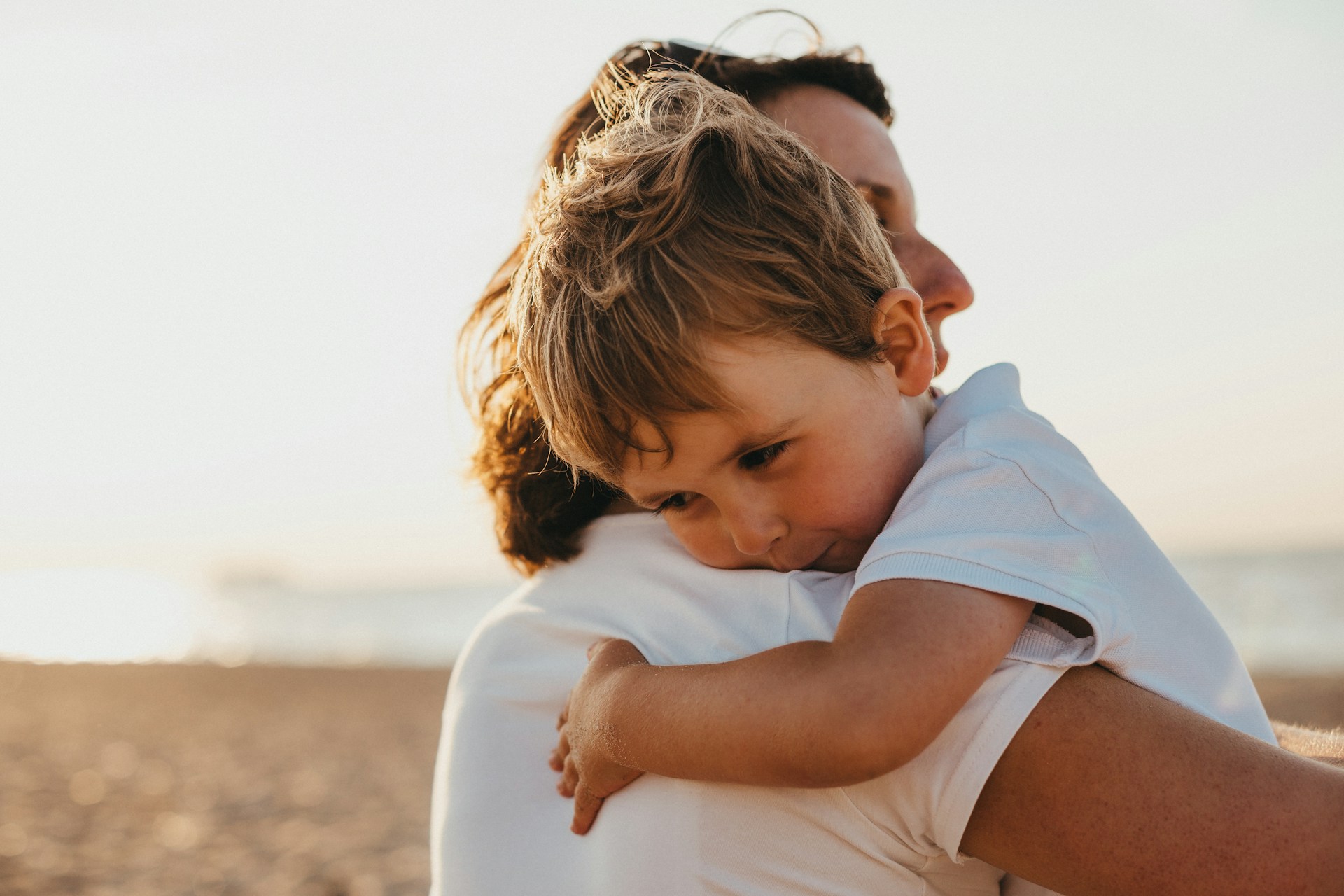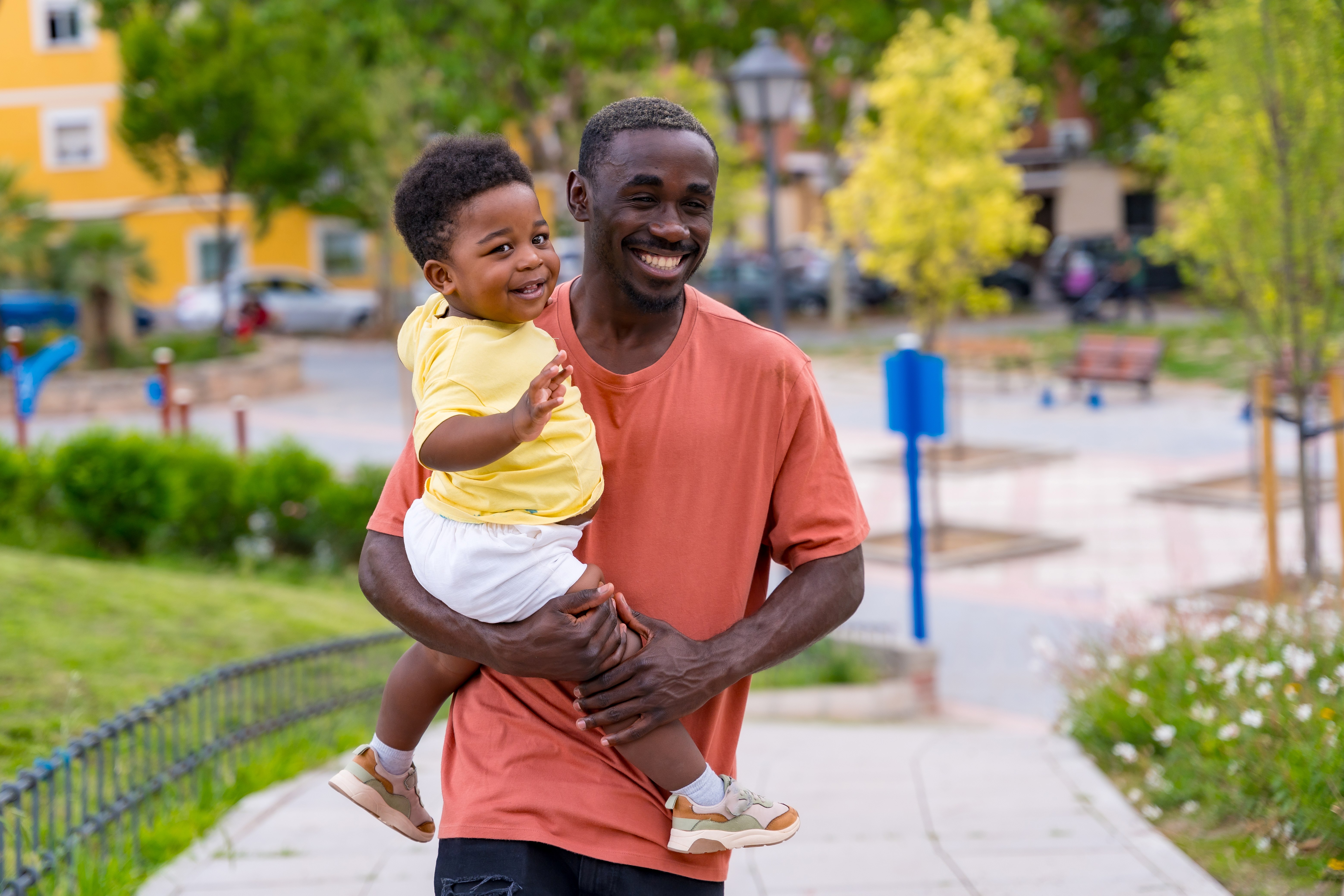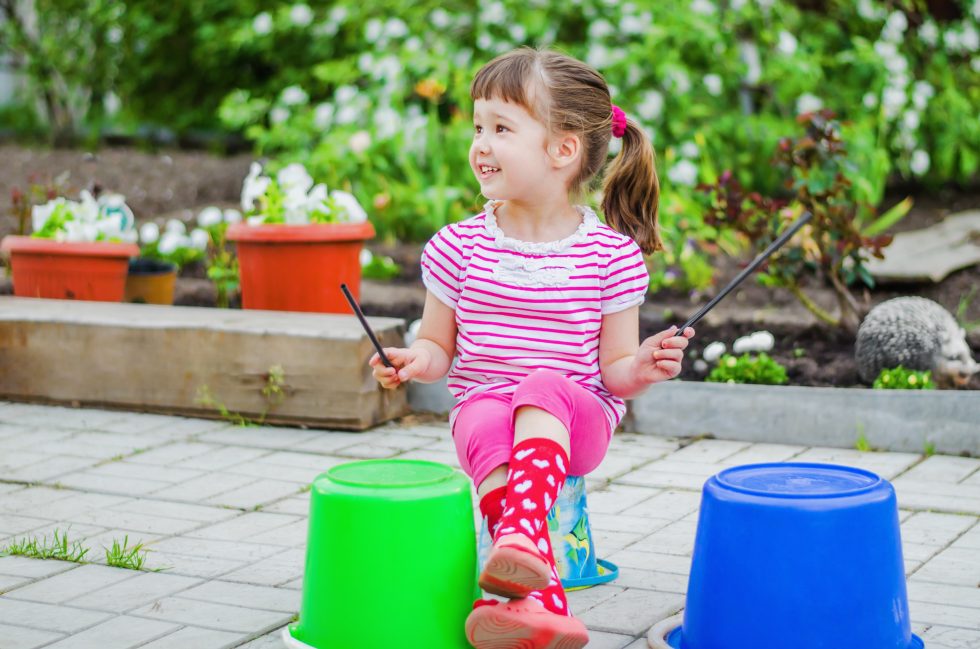
The development of responsibility in the early years
All too often we see responsibility as something children will automatically acquire as soon as they are old enough. However, responsibility is a complex process. It is not simply about being old enough or independent enough.
Responsibility is built on a series of skills and aptitudes accumulated during the early years and beyond. Children develop responsibility best when these individual skills are actively encouraged, and when teachers are intentional about supporting and modelling personal and social responsibility in their practice.
Personal responsibility
Personal responsibility is about being responsible for our belongings, our time and our actions. The development of personal responsibility, like self-regulation, takes decades to develop, with skill upon skill being built over the years. These skills include:
- Self-awareness - helping a child understand their own likes, needs and feeling - I like football. I am hungry. I feel sad
- Social awareness - helping a child understand and be respectful of other people’s feelings/perspectives
- Confidence - giving children a voice and agency
- Self-regulation - giving children a means to calm and soothe because they understand/use a broad emotional vocabulary, feel included, and can engage and adapt to the routines and rituals within their world
Social responsibility
Social responsibility is about children recognising their role in the world and learning to being proactive and ‘accountable’.
The benefits of social responsibility go further than ‘doing good’ or ‘helping out’. Social responsibility helps build vital social and emotional skills.
A study in Kenya demonstrated that young rural children who took twice as much responsibility for work tasks as their urban counterparts tended to be ‘more sociable, less aggressive, and sought fewer resources from their mothers’. This is extraordinary! Giving children small acts of responsibility gradually expands their sense of personal responsibility beyond themselves. As a result, they begin to become more self-reliant, accountable and dependable.
The importance of understanding our environment
There are two important components to responsibility without which it cannot grow:
1. Understanding the world
Children need to understand their world and its countless routines and rituals. This is because responsibility always has a context. For example, when a child knows that plates and utensils are used at mealtimes, the ritual of laying the table is clear.
Within such familiar frameworks, young children learn and develop successful strategies for small acts of responsibility. They can choose what clothes to wear, what book to take home, who/what to play with, etc. The more they understand these frameworks, the more opportunities they have to demonstrate responsibility.
2. Understanding the Community
When children understand they are a part of a wider community, they can begin to recognise their bigger role within it. This is influenced by their active participation and relies on a particular set of skills. These skills are foundational not only for personal wellbeing, but also for the health and wellbeing of the community. These skills are:
- Building relationships with each other, the community and beyond
- Learning about family, community and culture in the wider world
- Understanding that everyone has equal and significant value
- Understanding how their actions can affect others
How do we teach responsibility?
Responsibility is a skill that grows and builds within the safe structure of routine and a loving community. As with any skill, we need to help children to understand their role as a member of the community, supporting them as they carry out both personal and shared acts of responsibility.
How can we best do this?
Model responsibility
Children make thousands of decisions each day. Being responsible involves an important decision or choice – namely, do I carry out this act of responsibility or not? We can support this process by modelling decision-making as the child encounters that choice - the decision to tidy away a toy, wipe the table, carry the book. We need to be explicit:
“The table needs wiping. Let’s find a cloth.” “We’ve spilt the milk. Let’s clear it up.”
Giving choices
The choices we make are ultimately our responsibility.
Making choices is part and parcel of responsibility because responsibility always comes with a choice. This may be about personal responsibility, “Shall I have milk or water?” or shared responsibility, “Shall I put my toys away or go outside?”
Children can only get better at choice-making if they are given numerous opportunities to make choices. As they actively see how making a choice benefits them, their ability to take responsibility will be positively influenced. For example, when the child puts their bike in the shed, it is dry when they next want to ride it.
Conclusion
The roots of personal and social responsibility start to grow early in our children’s lives, and it is our responsibility to make sure we support its development. It will not grow unless we encourage it!
Give children a strong framework of familiar routines along with clear guidelines about daily choices. Show them what to do. Let them practise over and over again these small acts of responsibility that are the precursor to social and global responsibility. Responsibility grows in direct proportion to the number of opportunities we are given to be responsible.
Personal responsibility is the foundation to civilisation, social responsibility equates progress and global responsibility is the ultimate goal.
In short, when we teach responsibility, we can build good citizens, effective leaders and strong communities.
Let the work begin!
Article written by Helen Garnett for Parenta.
Further Reading
Get in Touch
Have any questions?
We’d love to hear from you!





